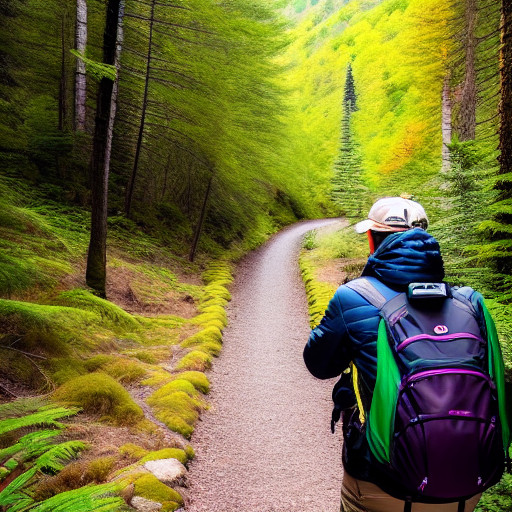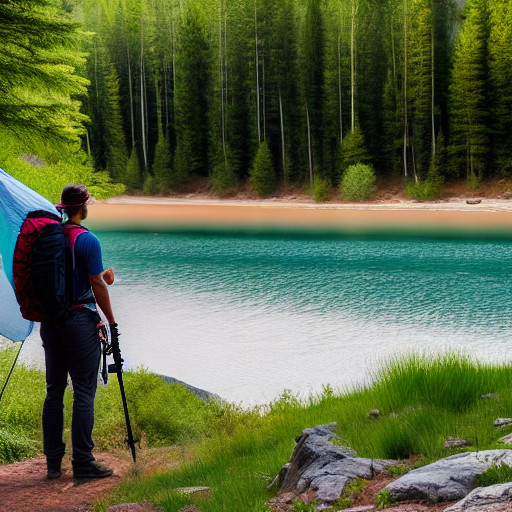The Importance of Outdoor Ethics
Outdoor ethics, also known as Leave No Trace, is the practice of minimizing impact on the natural environment while enjoying outdoor activities. Whether you are hiking, camping, or enjoying any other outdoor activity, it's important to be mindful of your impact on the environment. In this post, we'll explore the importance of outdoor ethics and how you can practice Leave No Trace principles.

Preserve the Environment
One of the main reasons to practice outdoor ethics is to preserve the natural environment for future generations. When we leave no trace, we ensure that the wilderness remains as pristine and beautiful as possible. This means packing out our trash, staying on designated trails, and avoiding damaging natural features such as trees and rocks.

Protect Wildlife
Another important reason to practice outdoor ethics is to protect wildlife. By following Leave No Trace principles, we minimize our impact on wildlife habitats and reduce the chances of disturbing or harming animals. This includes properly storing food and garbage, avoiding loud noises and sudden movements, and respecting wildlife by keeping a safe distance.

Ensure Public Safety
Practicing outdoor ethics also ensures public safety. By following designated trails and staying on established paths, we reduce the chances of getting lost or injured in the wilderness. Additionally, properly disposing of garbage and food scraps reduces the risk of attracting dangerous animals or causing illnesses from contaminated water sources.

Leave a Positive Impact
When we practice outdoor ethics, we also leave a positive impact on the environment and those around us. By showing respect for the natural environment and fellow outdoor enthusiasts, we create a culture of stewardship and appreciation for the outdoors. This encourages others to follow in our footsteps and continue to practice Leave No Trace principles.

How to Practice Outdoor Ethics
There are several ways to practice outdoor ethics when enjoying outdoor activities. Here are some tips:
- Stay on designated trails and avoid creating new paths
- Pack out all trash and garbage, including food scraps and biodegradable waste
- Respect wildlife by keeping a safe distance and avoiding sudden movements or loud noises
- Use established campsites and fire rings to minimize impact on the natural environment
- Minimize campfire impacts by using established fire rings, keeping fires small, and burning only small sticks and twigs found on the ground
- Avoid using soap or other cleaning products in natural water sources
- Respect private property and obtain necessary permits or permissions before entering private land
- Leave natural features such as rocks and plants as you found them
